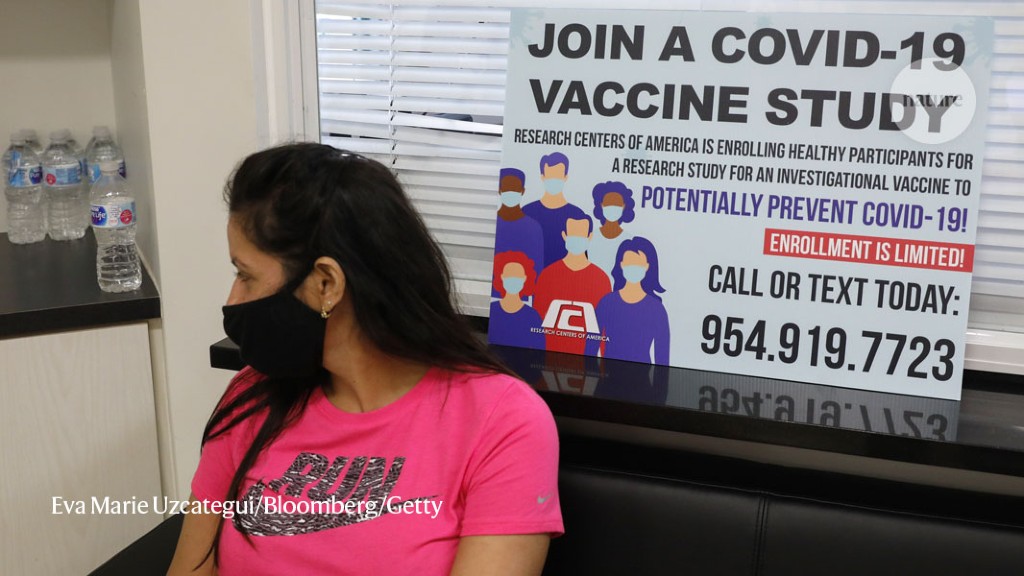Fact Check: How Bad is a Glass of Wine at Dinner, Really?
Although we know binge drinking is harmful for our health, the science behind moderate drinking still needs some fleshing out.

Send us a link
Although we know binge drinking is harmful for our health, the science behind moderate drinking still needs some fleshing out.

Anthony Fauci on four decades of progress against HIV, and what's needed for the future.
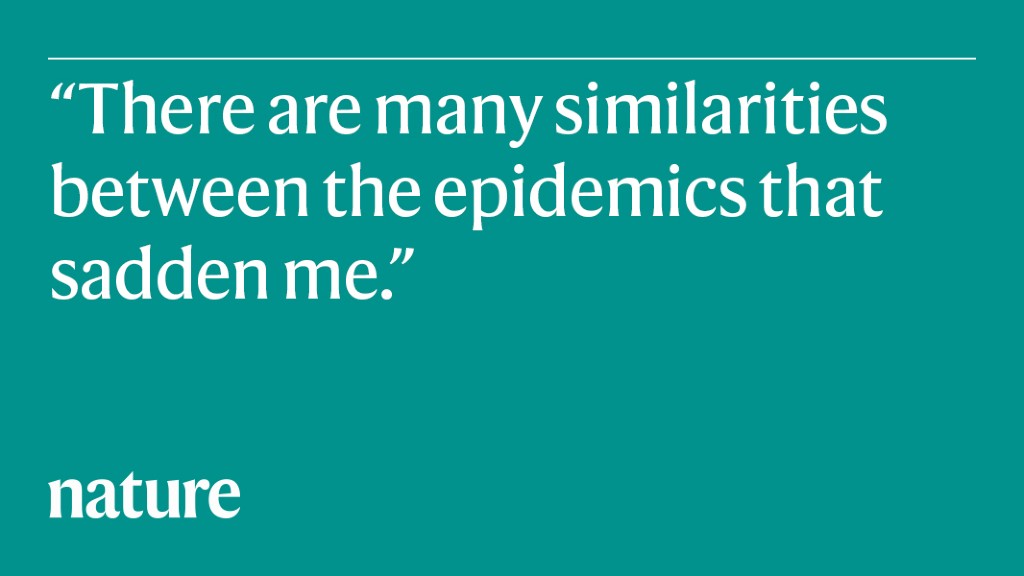
What we eat needs to be nutritious and sustainable. Researchers are trying to figure out what that looks like around the world.
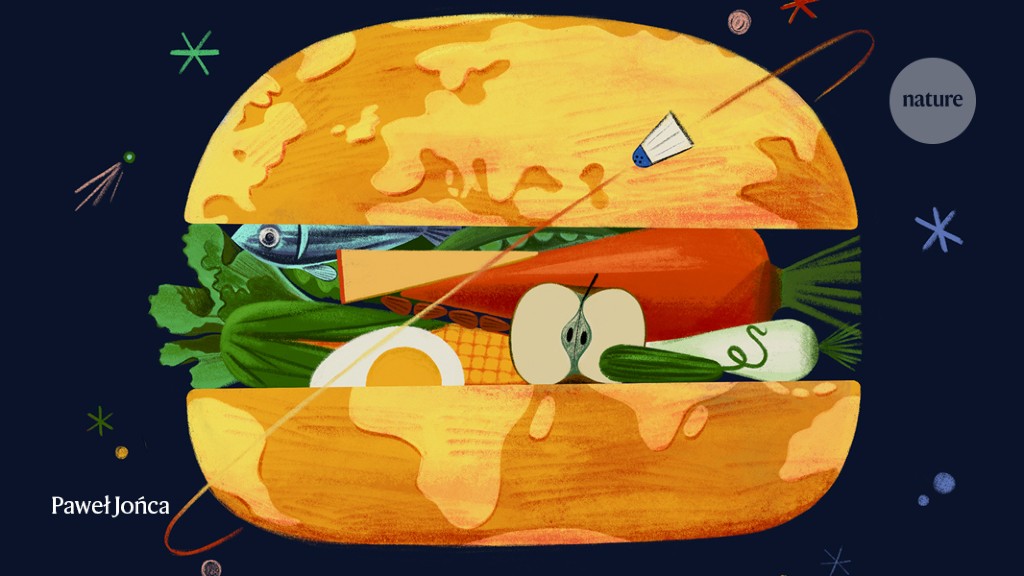
About 38 million people live with HIV, the virus that leads to AIDS. Since the first cases in 1981, almost an equal number have died with it. Where to now?
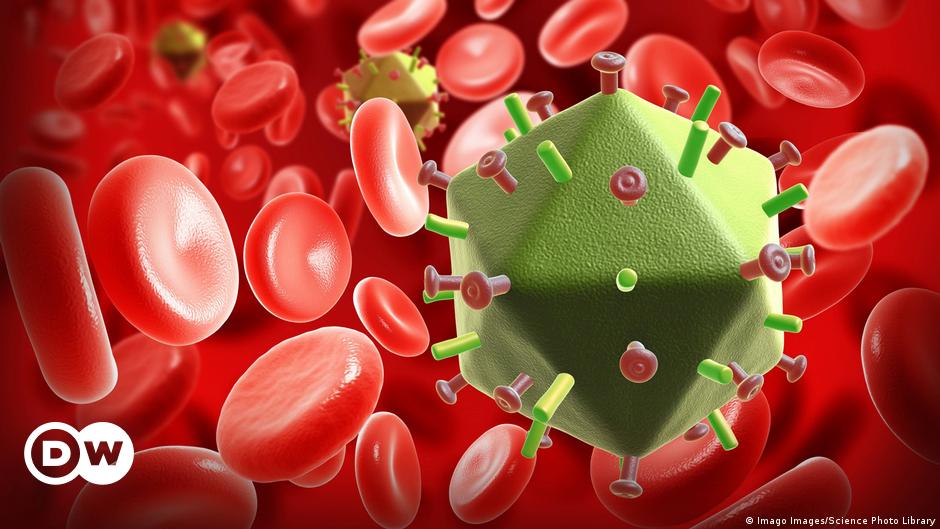
Global travelers, whether tourists or secret agents, are exposed to infectious agents. We hypothesized that agents pre-occupied with espionage and counterterrorism may, at their peril, fail to correctly prioritize travel medicine.
Studies suggest that a reversal of the landmark Roe v. Wade decision would be detrimental for many.
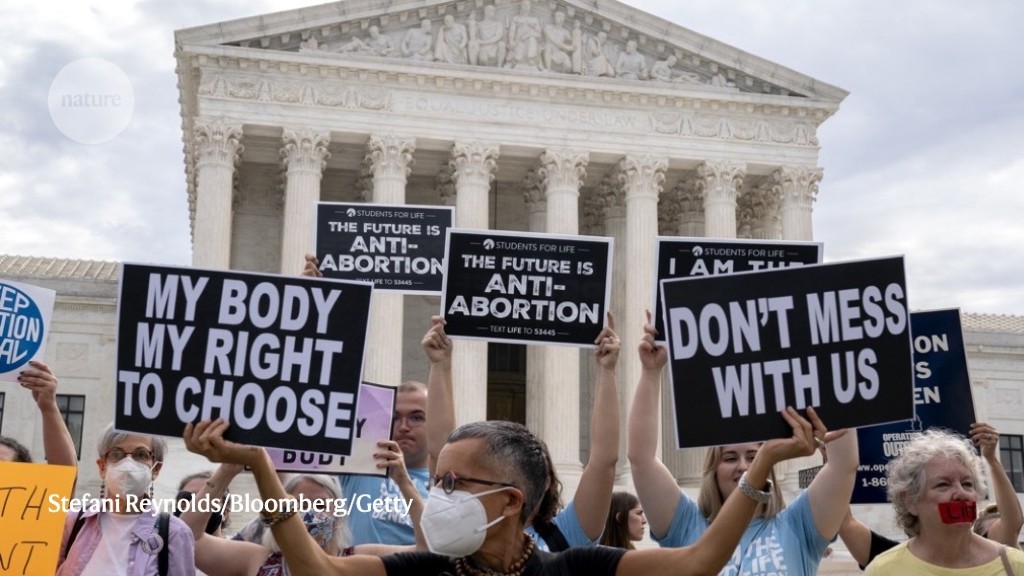
The analysis draws on public health studies that conclude that for every 4,434 metric tons of CO2 produced, one person globally will die.

Little evidence that social restrictions during the pandemic have added to rates of death and ill-health.
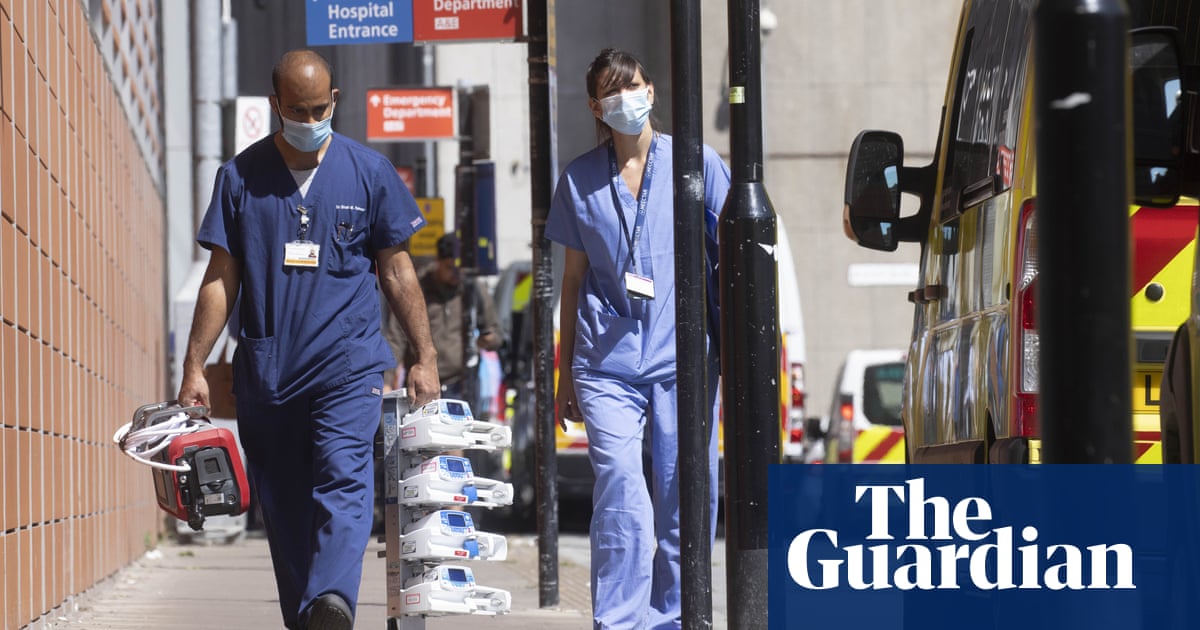
Researchers in Mali have been working for decades on the treatment that's now in the final phase of clinical trials.
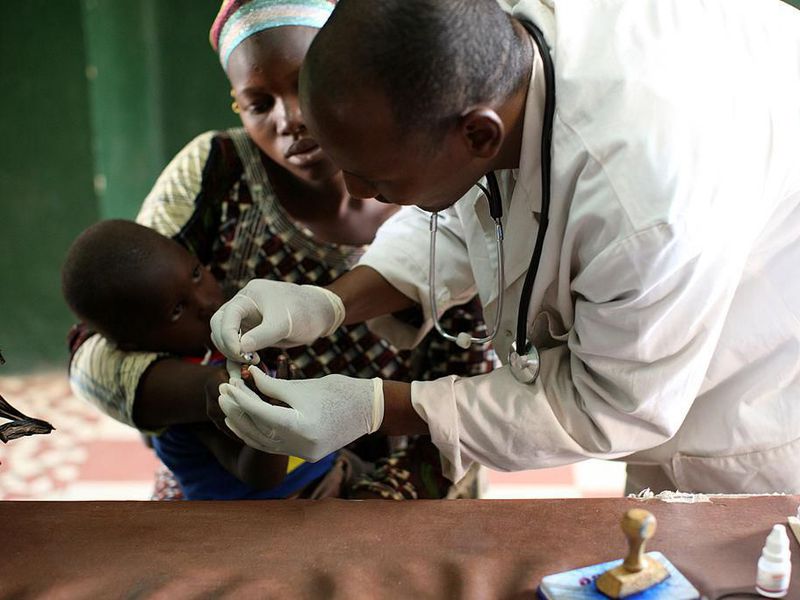
Doctors say children haven't been exposed to range of bugs due to lockdowns, distancing and sanitiser and their immune systems are suffering.

Researchers have developed a tool to assess wildlife markets for risks of zoonotic outbreaks. It can help governments decide on courses of action, with strict veterinary requirements potentially more effective than bans.
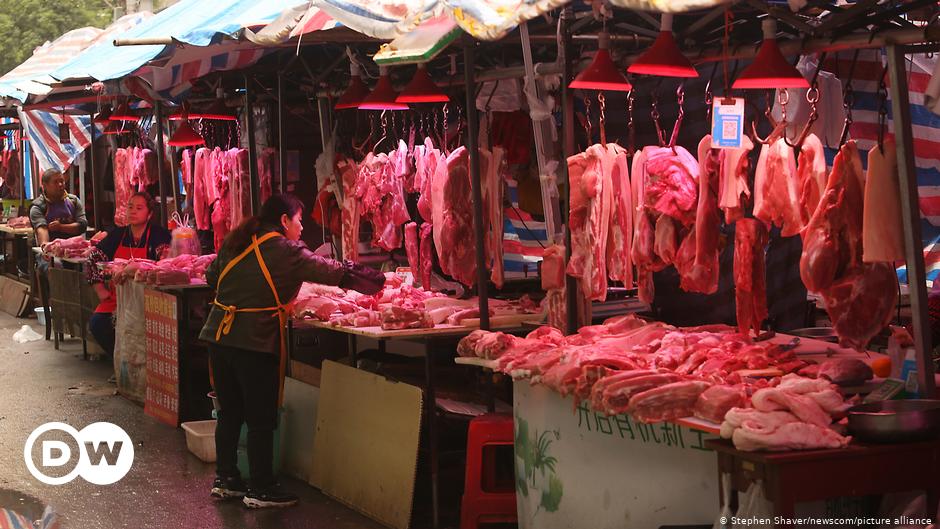
Rates of mucormycosis were high even before the pandemic, and now the country is running out of antifungal drugs, say global expert Prof Arunaloke Chakrabarti and infectious diseases doctor Ilan Schwartz
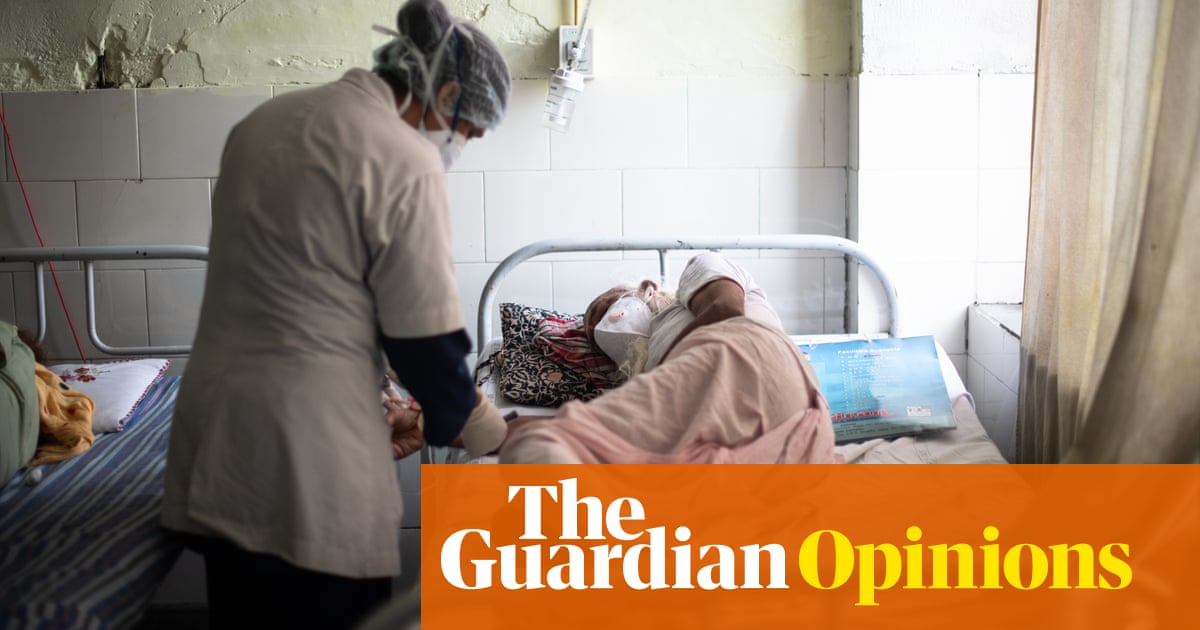
As the pandemic worsened in the United Kingdom during spring 2020, political disputes turned in a strange direction. The UK government started to claim that the UK’s Covid-19 statistics could not be compared with any other country.
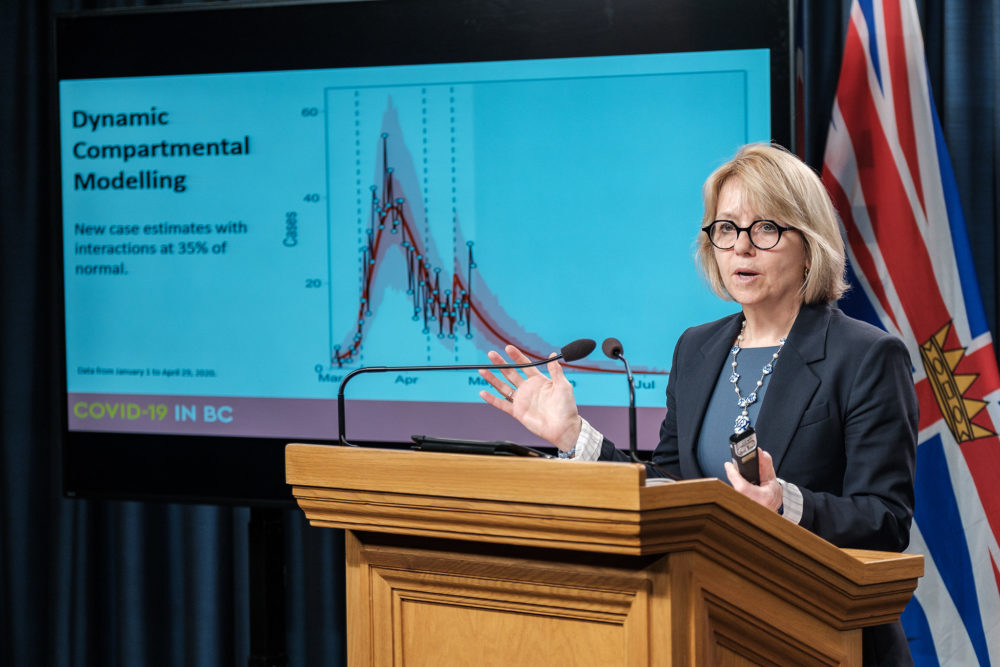
The Covid crisis has shown that consensual information-sharing does not have to erode our democratic rights.
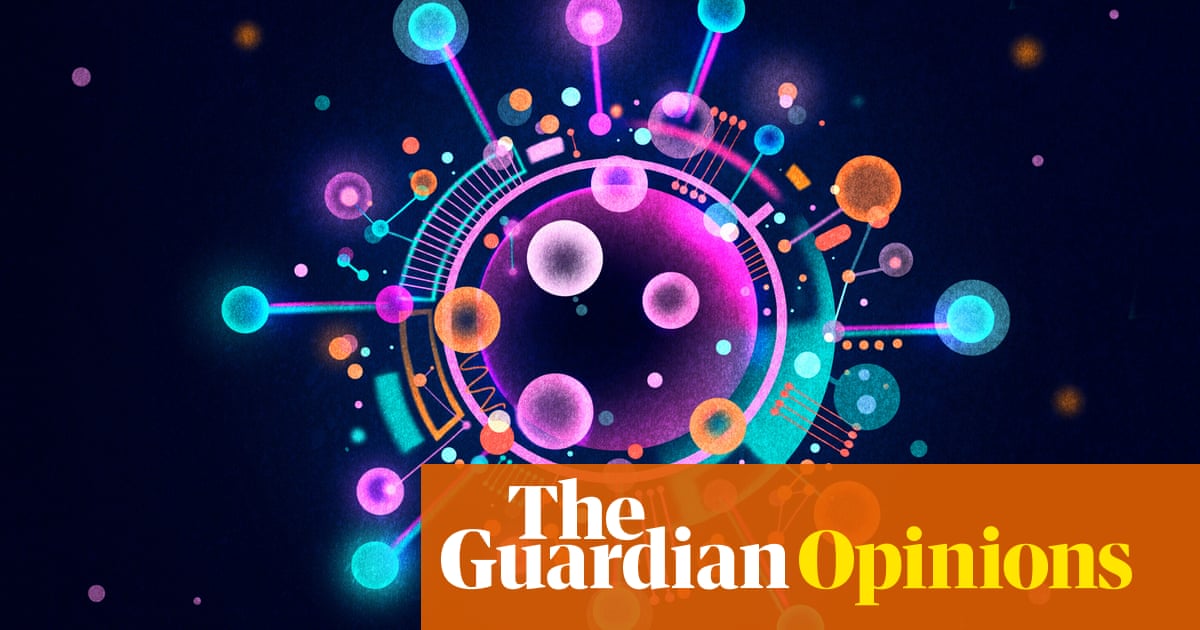
Working long hours poses an occupational health risk that kills hundreds of thousands of people each year, the World Health Organization says.
Approaches include tailored nanoparticles, chimeric proteins, virus cocktails.
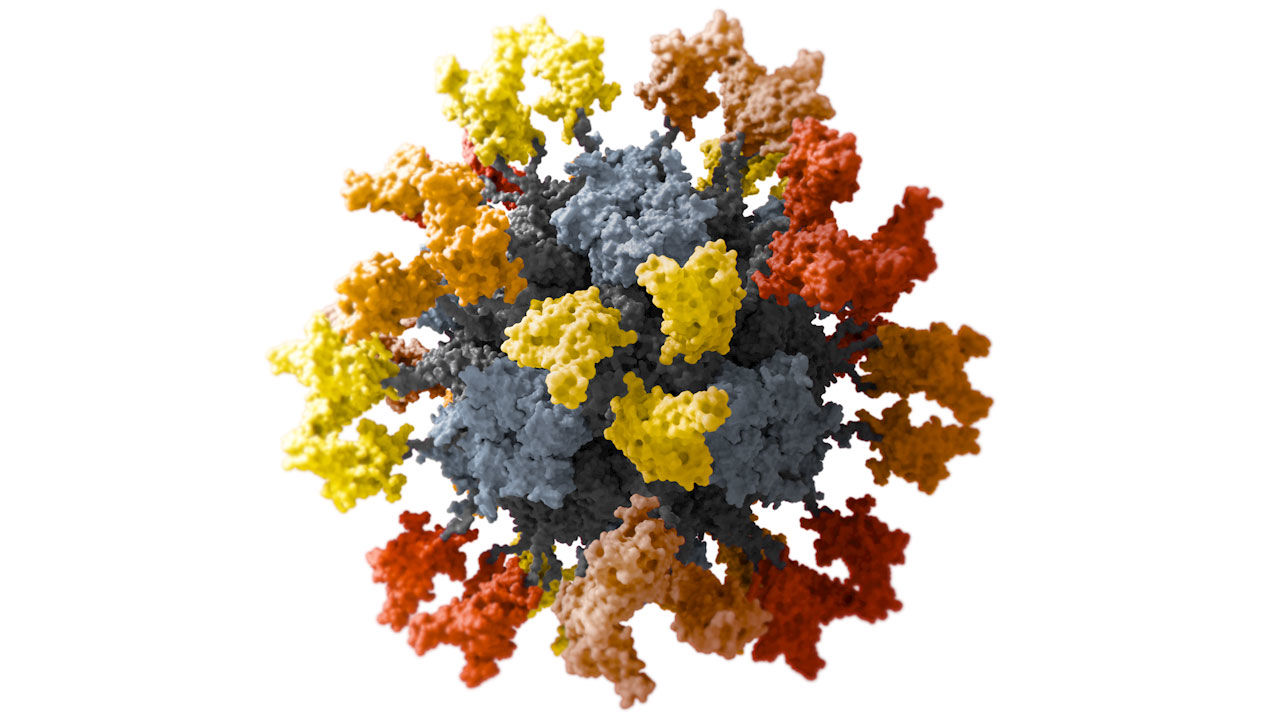
A preliminary network analysis highlights the complex intellectual property landscape behind mRNA-based COVID-19 vaccines.
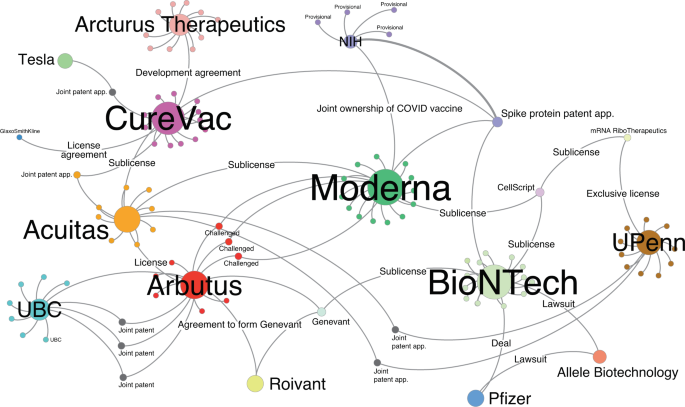
Decades of misinformation and bad science has distorted what we think about illicit drugs - but that's changing. We're exploring what this paradigm shift could mean for our health and well-being.
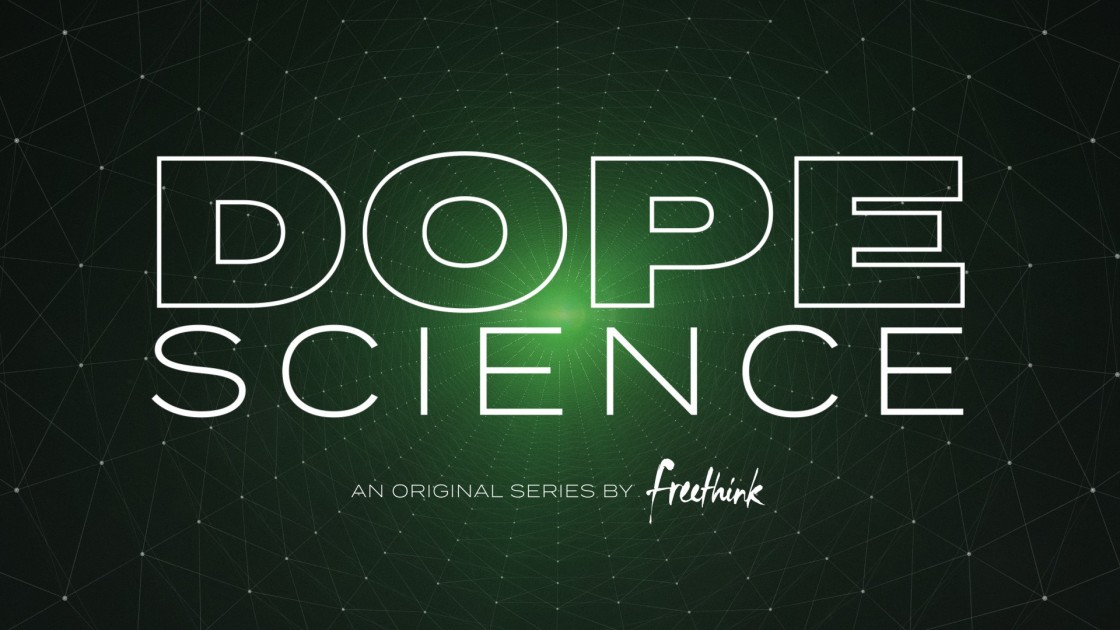
A vaccine developed by scientists at Jenner Institute, Oxford, shows up to 77% efficacy in a trial over 12 months.
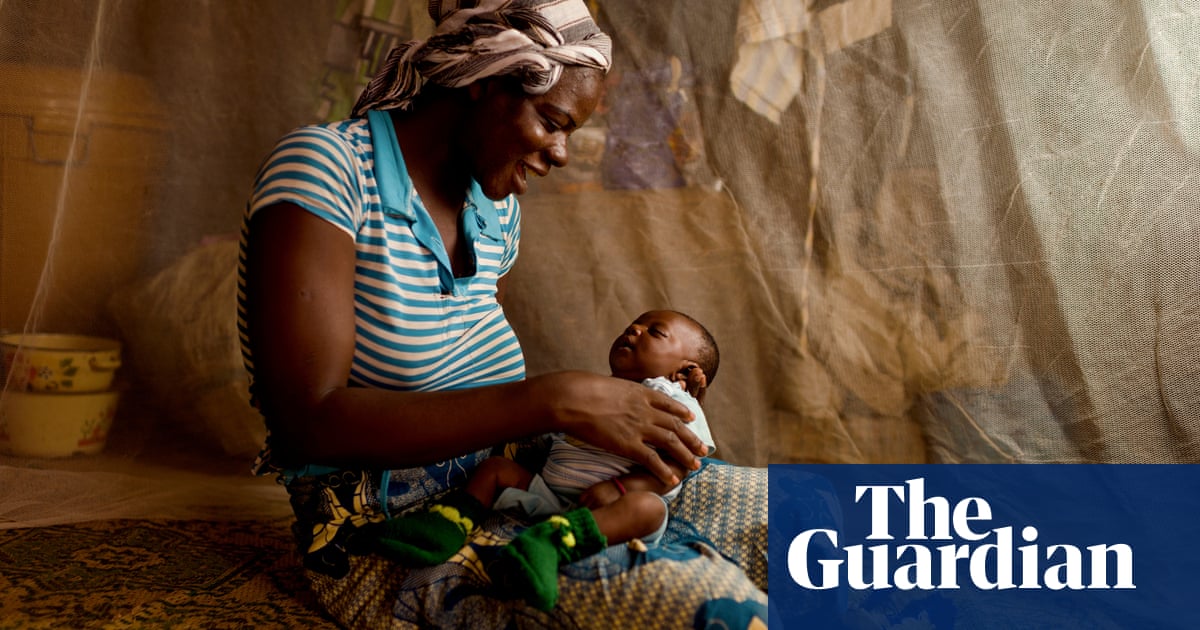
The Baltimore plant that recently had to scrap up to 15 million ruined doses had flouted rules and downplayed errors, according to internal audits, ex-employees and clients. Other doses had to be scrapped last year.

His claim that 'greed' was the driver behind the UK's vaccine success ignores the huge role of state funding, says economics professor Mariana Mazzucato.
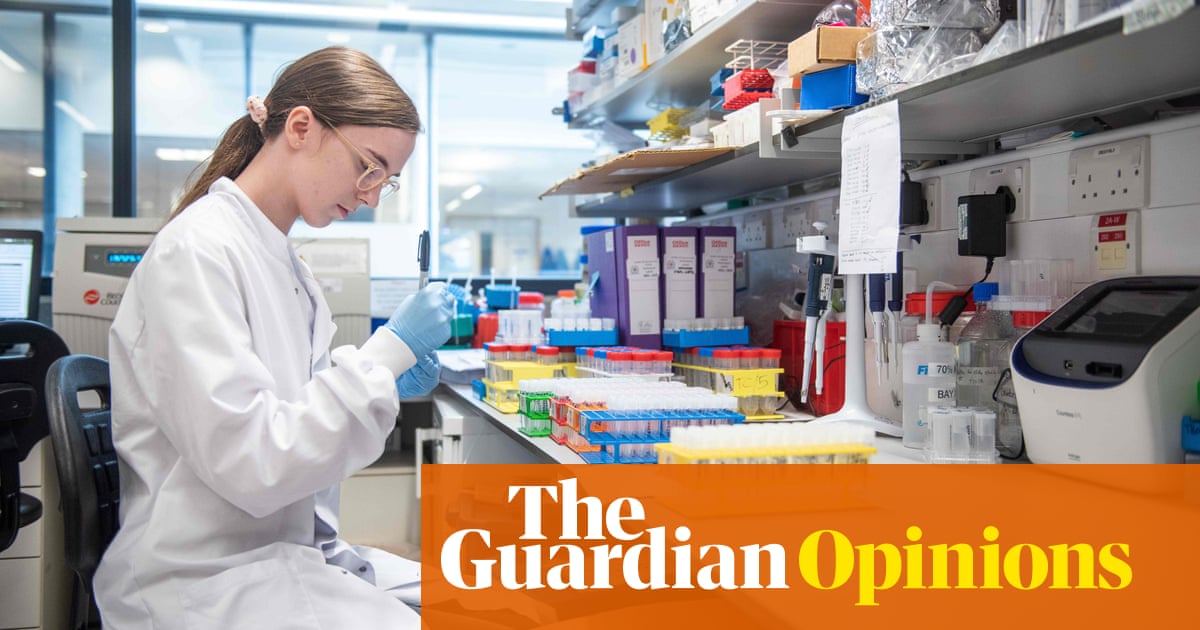
We asked doctors, scientists, public health experts and health advocates to take a look back - what would they redo, if they could?
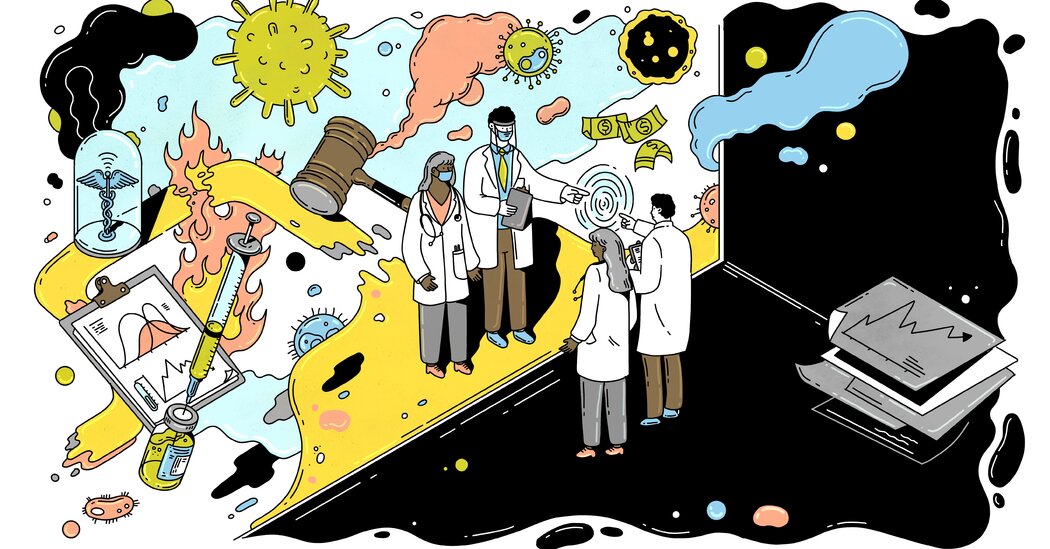
The intervention was the earliest action yet known in an effort by Gov. Andrew M. Cuomo that concealed how many nursing home residents died in the pandemic.
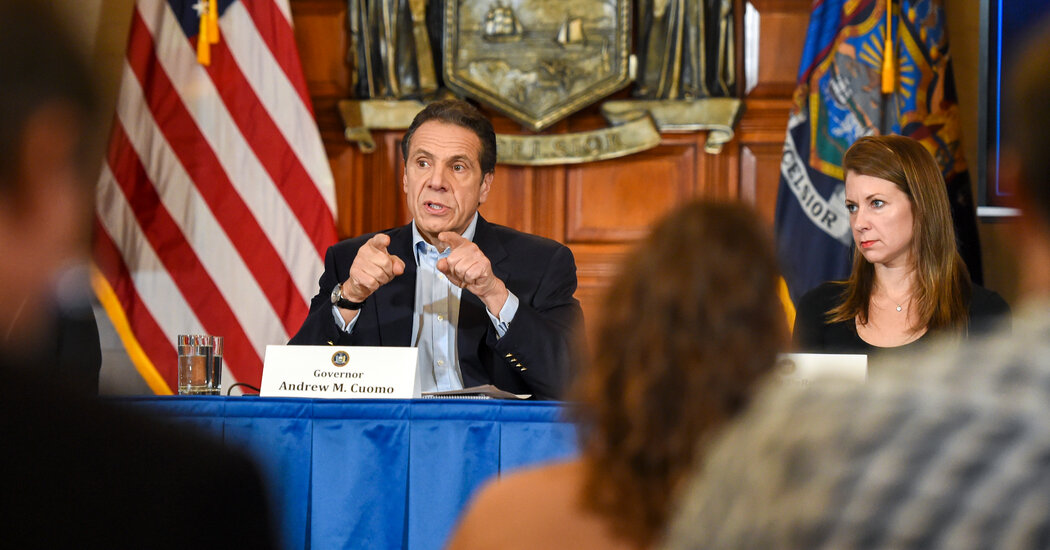
UK researchers find link between regular meat intake and nine non-cancerous illnesses.
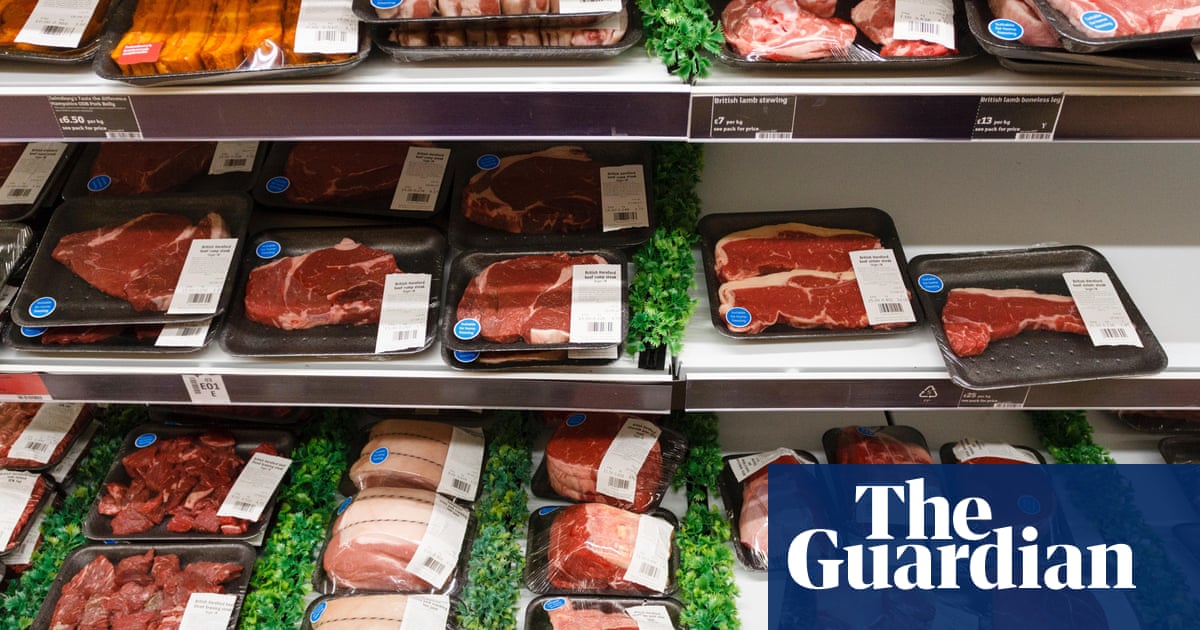
A joined-up approach is needed to make sure the public are given clear, correct information, says healthcare historian Sally Frampton

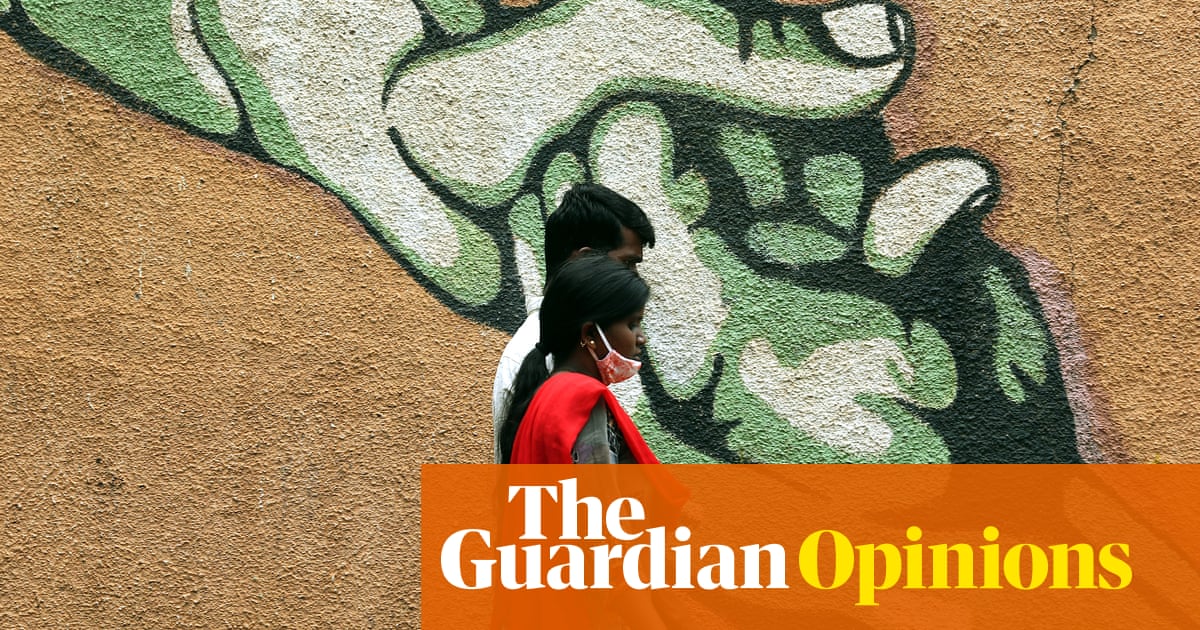

Public trust in a potential vaccine is under threat. Drug companies and their academic partners must disclose protocols and results data.
